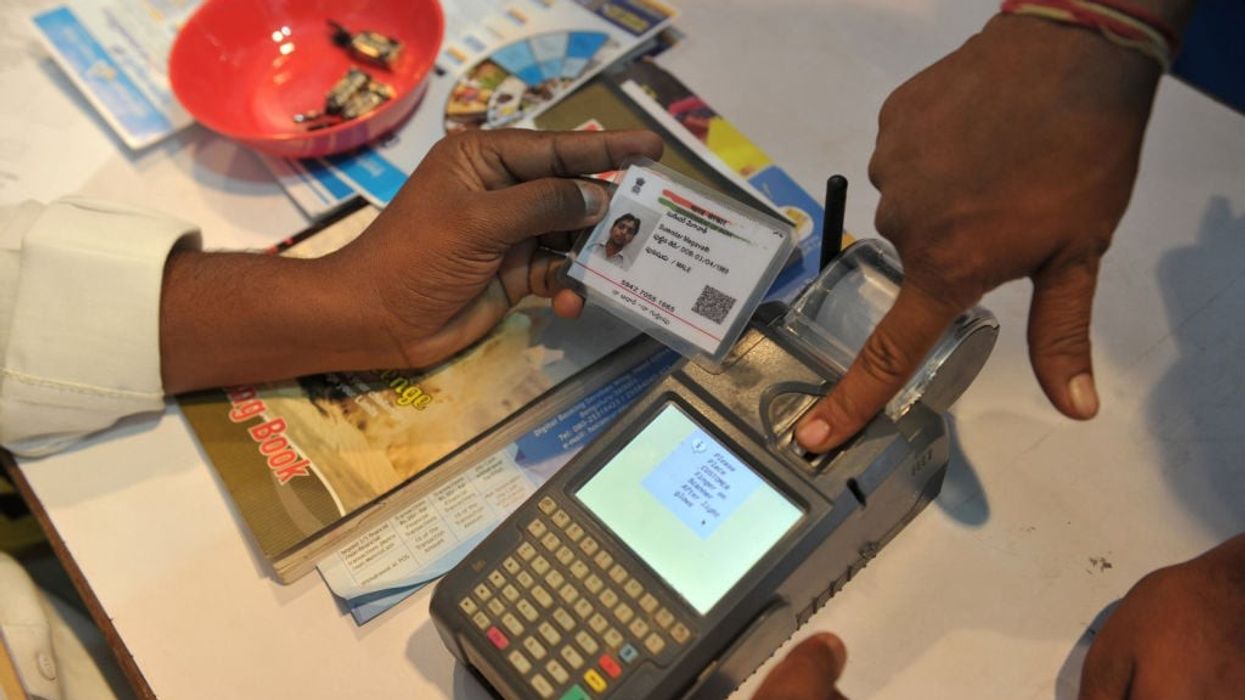INDIA is looking to collaborate with foreign countries and international organisations to build digital identity systems across the world, a top official said on Friday (3).
Unique Identification Authority of India (UIDAI) CEO Saurabh Garg said that the agency is also exploring emerging technology to enhance security and increase the number of transactions that can be done by using Aadhaar, the world's largest biometric identification system used in India.
"We look forward to future years to collaborate with different nations and see that digital identity, which becomes a means of empowerment, is available across the world," Garg said.
During a panel discussion at the Infinity Forum, a two-day summit on fintech, he said 99.5 per cent of the population in India now has Aadhaar and 50 million authentications are done on a daily basis for verifying various transactions.
Garg had said at a different event on Thursday (1) that the UIDAI is working with the World Bank and the United Nations to replicate the Aadhaar architecture in other countries.
Asked about technology work at the UIDAI, Garg at the Infinity Forum event said, "We want to look at quantum computing on how to strengthen security, blockchain and we are also looking at artificial intelligence (AI) and machine learning (ML)."
He said the UIDAI wants to use AI and ML in the verification of documents and the ultimate goal of the organisation is to enable people to carry out a larger number of transactions using the Aadhaar platform.
Digital payments company Paytm’s founder Vijay Shekhar Sharma acknowledged that his firms have been beneficiaries of Aadhaar technology in customer boarding.
"Overall, the fintech industry of India is sort of based on the Aadhaar ecosystem that the UIDAI team has built up. I want to share the technology scale that is typically not seen with government organisations. I want to acknowledge that these are the best APIs (application programming interface) that we have in this country for throughput and scale," Sharma said.




